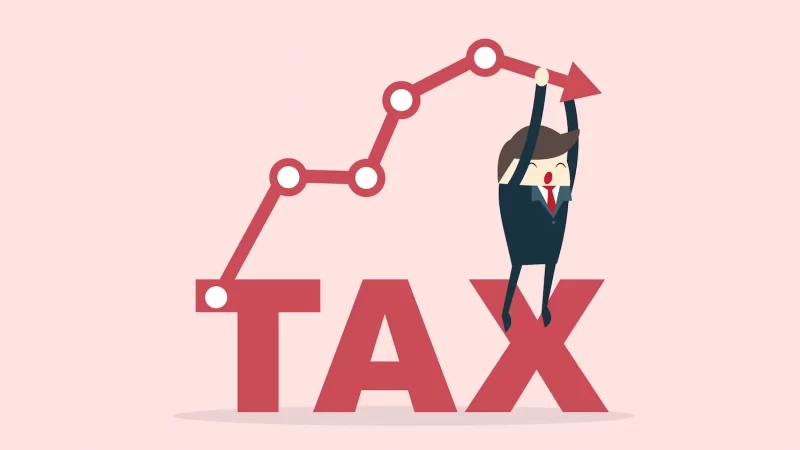Tax in Government and Economic Growth

The tax burden falls on the most elastic factor, which is the part of a transaction that does not change with prices. Therefore, a tax on wages will affect everyone who owns property in a town. The resulting higher price will be passed on to consumers. The tax burden on consumers is the least elastic. However, there is a middle ground between taxes and prices that is not as unfair as it seems. Ultimately, both are equally valid.
In the first case, the tax is not penal. Instead, it is a compulsory transfer of resources from the private sector to the public sector. It is imposed without any reference to specific benefits received. The second type of tax is a benefit. This tax is paid on goods and services that the public will benefit from. But there are some exceptions to this rule. For example, if you pay a tax to the government and are not able to use them, you will be denied a pension or healthcare.
Taxes undermine the credibility of the government and distort incentives for productive behaviours. While taxes are detrimental to economic growth, they can also promote economic growth. By allocating the tax revenue to purposes that promote growth, the government can use the money to invest and scale up activities. Potential growth-enhancing government expenditure includes social and merit goods. If these measures are implemented, the economy can be expected to benefit. With the help of the right policies, taxes in government can be a constructive force to enhance economic growth.
In addition to reducing inequality and boosting the economy, taxes can also be conducive to economic growth. By allocating the tax revenue to growth-promoting expenditure, government can promote economic growth. The allocation of tax revenue should be directed towards public goods and merit goods. It is important to make these decisions carefully, because taxation will not increase overall prosperity. But there are a few things to consider before enacting a tax.
The main difference between taxes and subsidies is their degree of fiscalism. In the UK, the tax on income is a direct tax on income, and the tax on contributions increases government spending. In the United States, the tax on income does not depend on the source of the income but on the amount of work. As the government collects taxes on the income of citizens, it determines the level of fiscalism. By calculating the utility of the tax, the state aims to improve its own public finances and to reduce the number of people living below the poverty line.
The tax on income has various consequences for the economy. Among the most significant is the tax on capital. The higher the tax rate, the more productive the economy will be. Furthermore, it increases the size of the government’s deficit. The high rate of the tax on capital will reduce growth and lower unemployment. By assessing the impact of the tax on income, the public will be able to determine whether taxes on investments are efficient or not.






